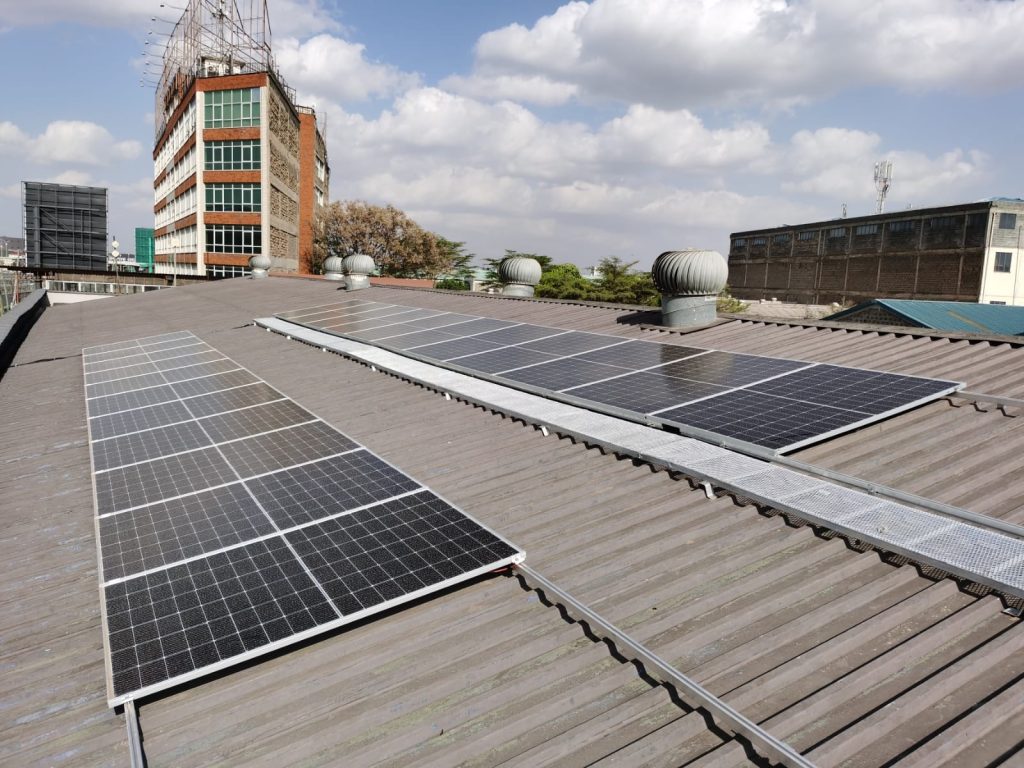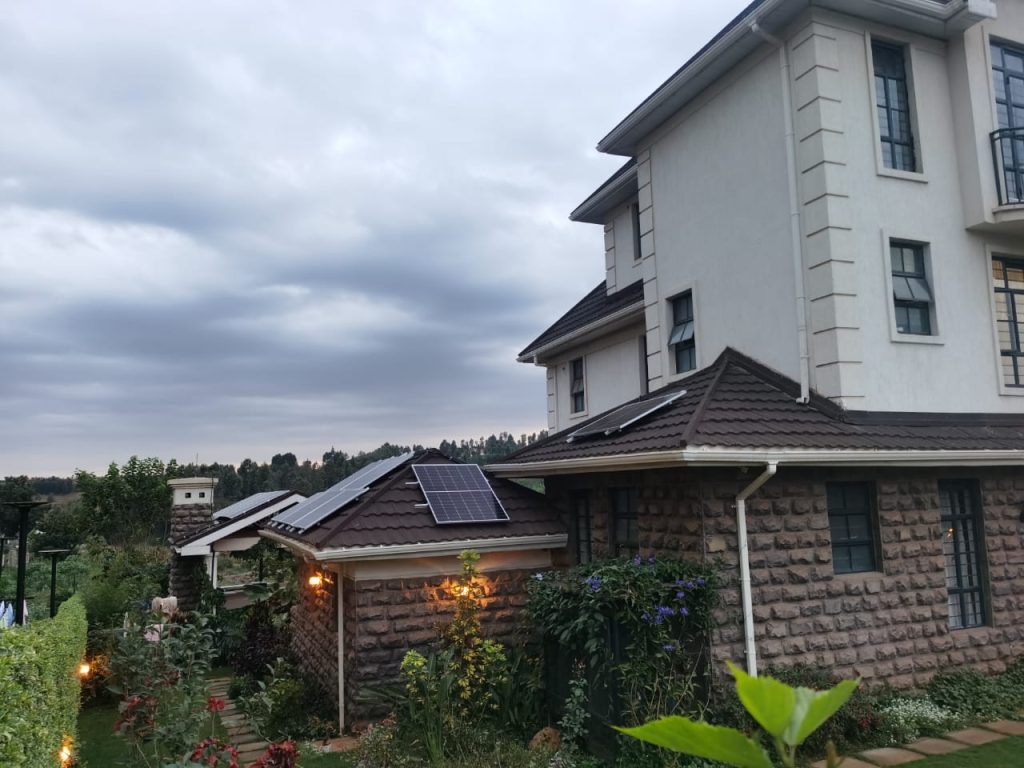As the global push for sustainable and renewable energy sources gains momentum, Kenya stands at the forefront of embracing solar energy. With abundant sunlight throughout the year, the potential for harnessing solar power in Kenya is immense. In this blog, we will delve into the various aspects of solar energy, exploring the benefits, the process of installation, and most importantly, understanding the cost of installing solar systems in Kenya.
The Rise of Solar Energy in Kenya
Harnessing Solar in Kenya
Kenya, blessed with an abundance of sunlight, is gradually shifting towards solar energy as a sustainable and environmentally friendly alternative. The government’s commitment to green initiatives and the increasing awareness of climate change have fueled the growth of solar projects across the country.
Key Advantages of Solar Energy
- Renewable and Sustainable: Solar energy is an infinite resource, ensuring a continuous and sustainable power supply.
- Reduced Electricity Bills: Solar panels allow users to generate their electricity, leading to significant savings on monthly electricity bills.
- Environmentally Friendly: Solar power is a clean and green energy source, producing minimal carbon emissions compared to traditional fossil fuels.
Understanding the Solar Installation Process



Solar System Components
- Solar Panels: Photovoltaic panels convert sunlight into electricity.
- Inverter: Converts DC electricity generated by solar panels into AC electricity for household use.
- Mounting Structure: Provides support for solar panels and ensures optimal sunlight exposure.
Installation Steps
- Site Assessment: A thorough analysis of the site is conducted to determine the best placement for maximum sunlight exposure.
- Panel Installation: Solar panels are mounted on the designated structure.
- Inverter Installation: Inverters are connected to convert and channel electricity into the home’s electrical system.
Calculating the Cost of Installing Solar in Kenya
Factors Influencing Cost
- System Size: Larger systems generate more electricity but come at a higher initial cost.
- Quality of Components: High-quality solar panels and inverters may cost more initially but offer better efficiency and durability.
- Installation Complexity: The ease of installation depends on factors such as roof type, shading, and grid connection.
Average Cost Breakdown
- Residential Solar Systems: Typically range from KES 80,000 to KES 400,000 per kilowatt.
- Commercial Solar Systems: Costs vary based on the size and energy requirements of the business.
Government Incentives and Financing Options
Government Incentives
- Tax Credits: Tax incentives and rebates are available to encourage solar adoption.
Financing Options
- Solar Loans: Financial institutions offer loans with favorable terms for solar installations.
- Leasing and Power Purchase Agreements (PPAs): Options where homeowners can lease solar systems or purchase the energy generated without owning the equipment.
Conclusion
As Kenya embraces the limitless potential of solar energy, understanding the cost of installation becomes crucial for homeowners and businesses alike. Investing in solar not only contributes to a sustainable future but also provides long-term financial benefits. With government incentives and various financing options available, the journey towards harnessing the power of the sun has never been more accessible. Make the switch to solar today and be a part of Kenya’s renewable energy revolution.